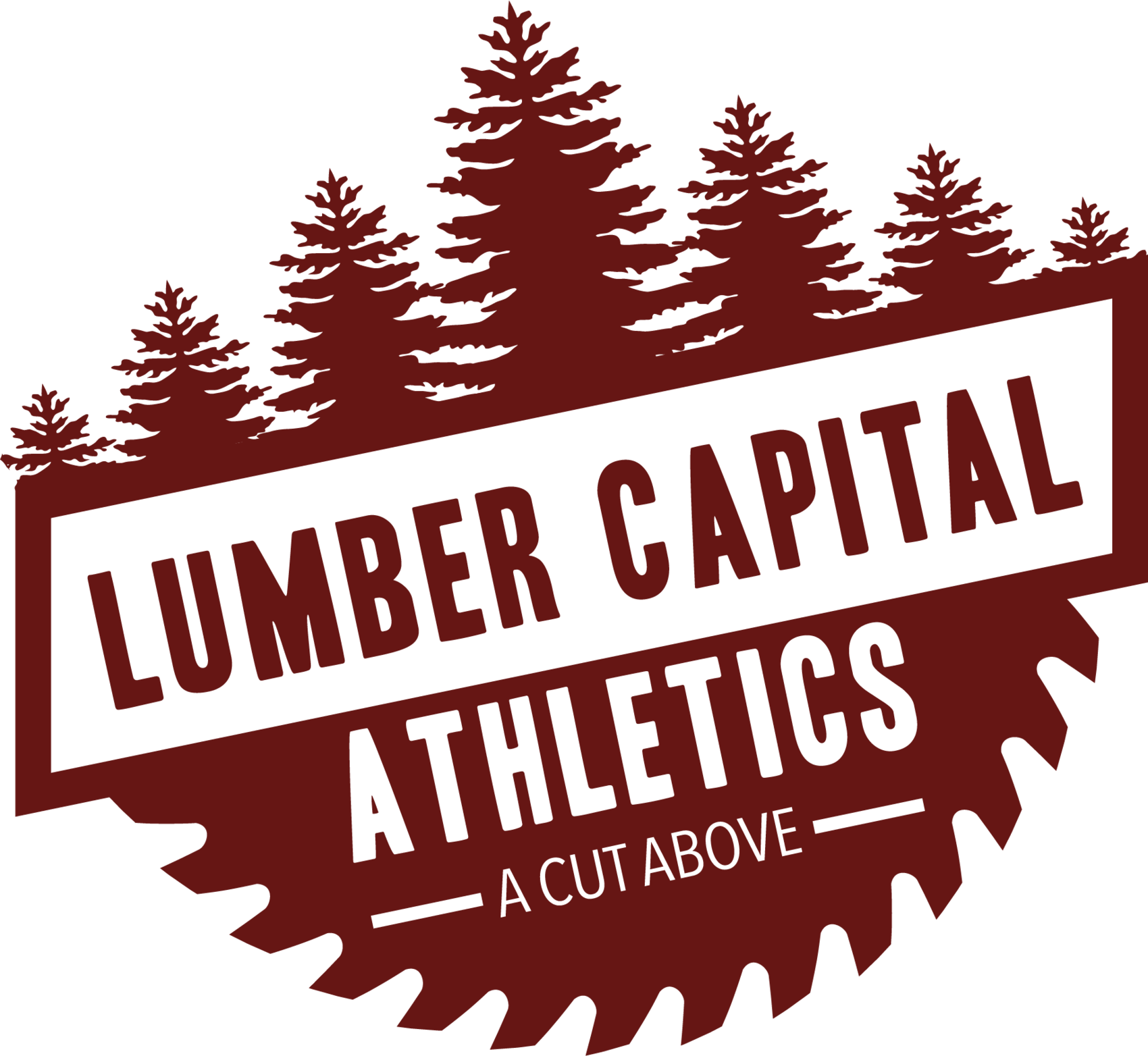Between being an affiliate owner, a floor coach, and an individual design programmer, I’ve interacted a lot with athletes of all abilities levels.
And one thing has become really clear to me: great athletes take great responsibility.
The Blame Game
It’s probably easiest to illustrate the inverse of taking responsibility.
We all know people who blame a poor performance on a coach, a program or circumstance.
We’ve all probably known someone who got injured and chalked it up to their programming or someone else not pulling back the reins.
For them, it’s easier to deflect responsibility than it is to do the self-reflection necessary to see real change.
Notable Exceptions
Now, there are most certainly times when poor implementation of program design principles or a lack of communication on a coach’s part has a role in negative outcomes.
An overworked coach with poor systems is a likely culprit.
However, even in these cases it often stems from the athlete. A great coach can’t make adjustments to programming if they don’t get detailed athlete feedback. An incredible affiliate can’t “undo” your shoulder stiffness if you choose to never take breaks from sitting in your office chair.
It’s On You
Provided you’re in an environment with coaches who are looking out for your best -which is more commonplace than not, in my opinion- then remind yourself that you need to take ownership of your journey.
You need to be proactive with communication when something feels off or you think you need a modification to your prescribed workout. It’s your job to inform your coach if you experience a tweak, are overly fatigued or have other overtraining red flags. It’s your job to be a student: constantly learning and asking for guidance.
It’s on you to be objective and evaluate what is working and what needs to change.
It’s on you.
Great athletes take great responsibility.
